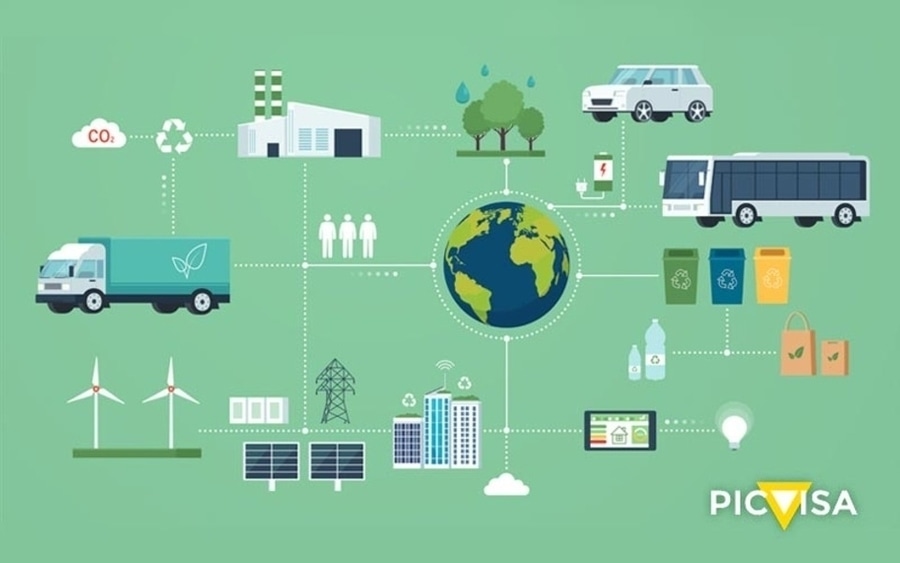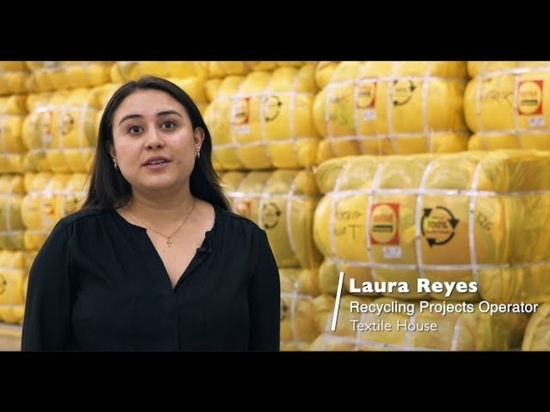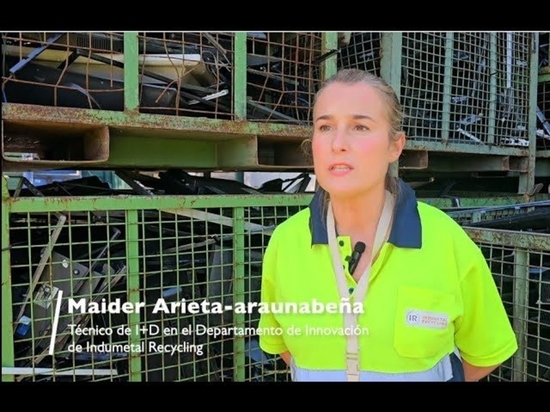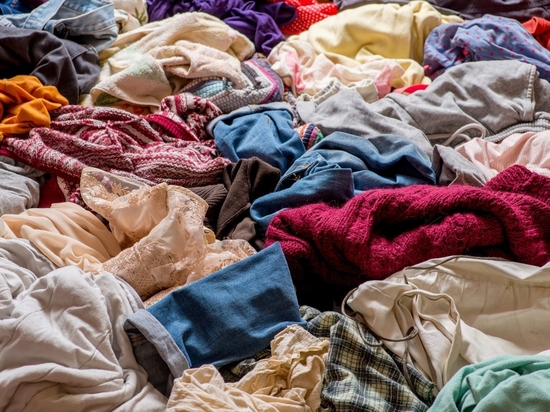
#Industry News
BLOCKCHAIN TECHNOLOGY FOR SUSTAINABLE WASTE MANAGEMENT
BLOCKCHAIN TECHNOLOGY FOR SUSTAINABLE WASTE MANAGEMENT
Environmental sustainability needs more sustainable waste management practices than today. The traceability of waste to be reused, recycled or recovered is already incorporated into any cutting-edge project in the sector, for competitiveness and efficiency. Data tracking is key to complying with existing laws and policies, and also to incentivizing regulations and policies that prevent and minimize waste dumping or incineration. This traceability of waste can also allow, for example, to demonstrate compliance when required and thus avoid the corresponding penalties. However, tracking waste and monitoring its owners to generate this data is a complex task that requires a thorough analysis of processes, monitoring and mastery of data analysis.
In the field of waste recycling, this translates into sensors, artificial intelligence, blockchain and deep learning. In the era of big data, these technologies are useful for quickly and accurately analyzing data, such as waste traceability, and works in favor of the process of transition to a circular economy.
The most popular application of the blockchain is cryptocurrencies such as Bitcoin, but at its core, the blockchain is a decentralized system of storing blocks of data verified by a network of nodes. As this blockchain cannot be altered, it allows smart contracts that automate transactions without intermediaries and can be useful in the waste management sector for several reasons: it has the ability to offer clarity in the ownership rights of products and waste; supports environmental policies by incentivizing sustainable waste management; and maintains the anonymity and privacy of institutions and individuals.
PICVISA, BLOCKCHAIN AND WASTE TRACEABILITY
In this line, PICVISA develops technological solutions based on artificial intelligence and artificial vision, such as the optical separators ECOSORT, ECOPICK, ECOPACK and ECOGLASS, which allow to classify and automatically separate various types of waste, by composition, color or shape.
An example of the work that PICVISA does within this field of innovation is the project it has developed for the recycling company Coleo Recycling: a machine that automatically separates textile garments by their chemical composition and color, and that allows to classify up to 24 different textile materials at the same time. Supporting this task is the DATA+ platform, which allows visualizing data that stored with blockchain technology allows to achieve the traceability of processed waste. Thanks to this technological solution implemented by PICVISA, this Galician company classifies and traces annually about 5,000 tons of textile waste. This project is another example of digitalization and automation that should help Spain, a country already very committed to recycling, approach the desired 100% recycled waste.
CUTTING-EDGE INTERNATIONAL ECOSYSTEM IN WASTE MANAGEMENT
As we have mentioned before, the blockchain has the ability to offer clarity in the property rights of products and waste; supports environmental policies by incentivizing sustainable waste management; and maintains the anonymity and privacy of institutions and individuals. Three examples that show the value that blockchain technology is capable of contributing to waste management data in terms of traceability and transparency. Two factors that can also be enhanced in sorting plants thanks to intelligence and artificial vision, but also to greater automation of those plants so that they are increasingly connected and their efficiency is improved.
In waste management, current blockchain applications are mainly focused on facilitating payments or rewards, and on tracking waste. In the first case, The Plastic Bank, for example, uses digital tokens protected by blockchain, which can be exchanged for goods or other currencies, to incentivize the collection of plastic waste in developing countries. The second case stands up for traceability. Ecoembes, for example, promotes in La Rioja the SmartWaste initiative, a project that collects data throughout the collection and selection of waste thanks to the incorporation of sensors in trucks, GPS systems and the most advanced technology in sorting plants.
Another example of traceability is the one promoted by the consultancy Heura, specialized in Collective Systems of Extended Producer Responsibility (SCRAP). This company promotes a model, based on blockchain technology, to guarantee the traceability and optimization of the management of packaging used in agricultural processes, enhancing the protection of the environment and the generation of efficient circular economy models. With this solution, a complete cycle of packaging waste treatment is controlled, from how and where it is generated, stored, processed, recovered and even disposed of, leaving each of the phases registered in the blockchain network.
Finally, the multinational Nestlé promotes a project to track Dolce Gusto coffee capsules with blockchain technology to boost recycling. Tracking is done when the consumer takes them to a brand recycling point. To use the system, consumers must download an app and, through it, track the number of capsules they deposit at the recycling point. In this way, the collected capsules are accumulated, which are subsequently exchanged for prizes and discounts in Nestlé Market stores. Thanks to blockchain technology, this project connects consumers with the brand and encourages their involvement in the waste management process.
That is why at PICVISA we are pleased to be able to add our recycling technology in the process that the Counselor of Ecological Transition of the Generalitat Valenciana, together with Nestlé is carrying out in order to be aligned with the European objectives of circular economy.







